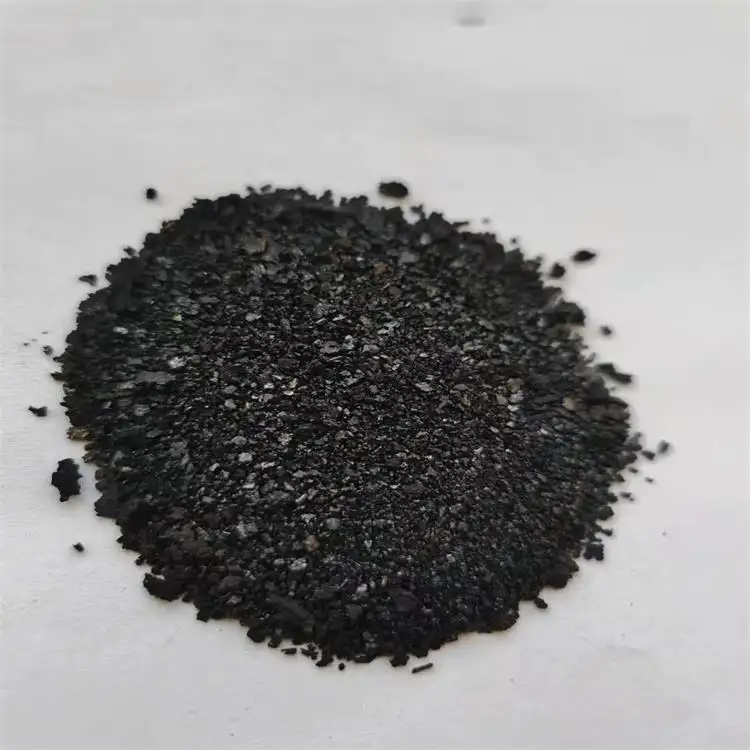Top Indigo Textile Producers in the Industry Today
The Evolution and Significance of Indigo Textiles Manufacturing
Indigo textiles have a rich history that stretches back thousands of years, with their origins traced to ancient civilizations across various continents. Today, the indigo dyeing process remains an integral part of textile manufacturing, contributing to the vibrant tapestry of global fashion and culture. This article explores the significance of indigo textiles manufacturers, the craftsmanship involved, and the industry's evolving trends.
Historical Background
Indigo dye, derived from the leaves of the Indigofera plant, has been used for centuries to color fabrics. Ancient Egyptians, Indians, and Chinese were among the first to cultivate and utilize this natural dye. The significance of indigo was not limited to aesthetic appeal; it was also a symbol of wealth and status. In many cultures, blue-dyed fabrics were prestigious, often reserved for nobility and ceremonial garments. The spread of indigo production reached new heights during the transatlantic trade, where it became a critical cash crop, particularly in the American South.
The Craft of Indigo Dyeing
The process of indigo dyeing is an art form that requires skill, patience, and a deep understanding of the chemical properties of the dye. Unlike other dyes, indigo is unique because it is insoluble in water. Manufacturers follow a complex fermentation process to create a dye that can penetrate fabric effectively. This involves the fermentation of the leaves to produce a liquid dye known as “indigo vat,” which can then be used to dye textiles.
Craftsmen often employ techniques such as tie-dye, batik, and shibori to create intricate patterns, showcasing their artistry and creativity. Each method offers a distinct aesthetic, making indigo textiles versatile and highly sought after in fashion and home décor.
Modern-Day Indigo Textiles Manufacturing
indigo textiles manufacturers

In recent years, the demand for sustainable and ethically-produced textiles has surged. This has led to a revival of traditional indigo dyeing techniques, as manufacturers seek to reduce their environmental footprint. Many contemporary indigo manufacturers are adopting organic farming methods for growing indigo plants, adhering to practices that prioritize sustainability.
Moreover, there is a growing trend toward using natural indigo instead of synthetic dyes. Natural indigo not only produces richer, deeper hues but also aligns with eco-friendly values that resonate with today's consumers. Brands are increasingly collaborating with artisans who specialize in traditional dyeing methods, thereby preserving cultural heritage while creating unique products.
Innovations and Future Trends
As technology continues to advance, the indigo textiles manufacturing industry is also evolving. Innovations in dyeing techniques and fabric blends are expanding the possibilities for designers and manufacturers. Digital printing technology allows for the quick production of complex patterns, while research into other renewable sources for indigo dye is underway.
Additionally, the rise of eco-conscious consumers has prompted manufacturers to explore ways to recycle used fabrics, reducing waste associated with indigo textiles. Companies that implement circular economy principles are not only appealing to environmentally-minded shoppers but also setting new standards in the textile industry.
Conclusion
The realm of indigo textiles manufacturing is vast and filled with history, artistry, and the promise of sustainability. As consumers become more aware of the origins and implications of their purchases, the demand for authentic, responsibly-made indigo textiles continues to grow. Manufacturers who honor traditional craftsmanship while embracing modern innovations will play a crucial role in shaping the future of this vibrant industry, ensuring that the legacy of indigo is preserved for generations to come.
-
Sulphur Black Dyes in Daily Use
NewsMay.07,2025
-
Indigo Dyeing for Daily Life
NewsMay.07,2025
-
Indigo Dye Production and Its Growing Demand
NewsMay.07,2025
-
Color That Lasts
NewsMay.07,2025
-
Bromo Indigo for Modern Use
NewsMay.07,2025
-
Blue From Nature
NewsMay.07,2025
-
The Timeless Color in Fashion and Textiles
NewsApr.10,2025

Sulphur Black
1.Name: sulphur black; Sulfur Black; Sulphur Black 1;
2.Structure formula:
3.Molecule formula: C6H4N2O5
4.CAS No.: 1326-82-5
5.HS code: 32041911
6.Product specification:Appearance:black phosphorus flakes; black liquid

Bromo Indigo; Vat Bromo-Indigo; C.I.Vat Blue 5
1.Name: Bromo indigo; Vat bromo-indigo; C.I.Vat blue 5;
2.Structure formula:
3.Molecule formula: C16H6Br4N2O2
4.CAS No.: 2475-31-2
5.HS code: 3204151000 6.Major usage and instruction: Be mainly used to dye cotton fabrics.

Indigo Blue Vat Blue
1.Name: indigo blue,vat blue 1,
2.Structure formula:
3.Molecule formula: C16H10N2O2
4.. CAS No.: 482-89-3
5.Molecule weight: 262.62
6.HS code: 3204151000
7.Major usage and instruction: Be mainly used to dye cotton fabrics.

